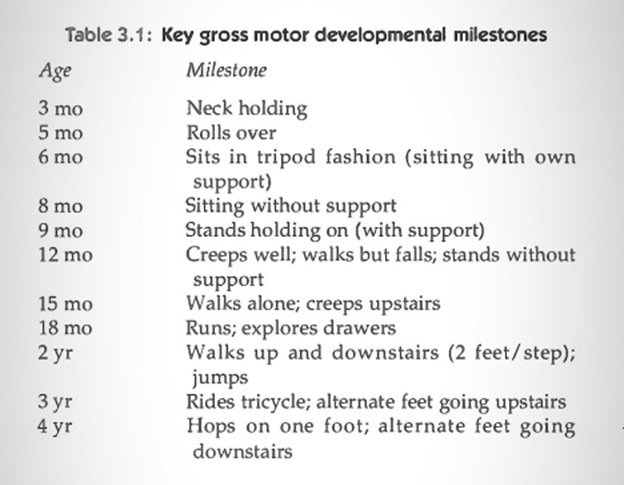A nurse is assessing the psychosocial development of a toddler. The nurse should recognize that this stage is characterized by which of the following?
Imaginary playmates
Negative behaviors characterized by the need for autonomy
Demonstrations of sexual curiosity
Erikson's stage of initiative versus guilt
The Correct Answer is B
a. Imaginary playmates are more common in the preschool years, typically around ages 3 to 5, rather than during the toddler stage.
b. Toddlers are in Erikson's stage of autonomy versus shame and doubt. During this stage, they strive for independence and autonomy, often exhibiting negative behaviors such as saying "no" frequently as they assert their independence. They are often in the stage of asserting their independence, leading to behaviors like tantrums, stubbornness, and defiance.
c. Sexual curiosity is more commonly seen in preschool and school-age children, not typically in toddlers.
d. This stage applies to preschool-aged children (approximately 3 to 6 years old), where they begin to assert power and control over their environment through directing play and other social interactions.
Nursing Test Bank
Naxlex Comprehensive Predictor Exams
Related Questions
Correct Answer is A
Explanation
Birth weight typically doubles by 6 months of age.
Correct Answer is B
Explanation
At 10 months of age, most infants should be able to sit steadily without support. If the infant is unable to sit without support or shows difficulty maintaining balance while sitting, it may indicate a developmental delay or potential motor coordination issues. It is important to report this finding to the healthcare provider for further evaluation and appropriate intervention if necessary.

Whether you are a student looking to ace your exams or a practicing nurse seeking to enhance your expertise , our nursing education contents will empower you with the confidence and competence to make a difference in the lives of patients and become a respected leader in the healthcare field.
Visit Naxlex, invest in your future and unlock endless possibilities with our unparalleled nursing education contents today
Report Wrong Answer on the Current Question
Do you disagree with the answer? If yes, what is your expected answer? Explain.
Kindly be descriptive with the issue you are facing.
